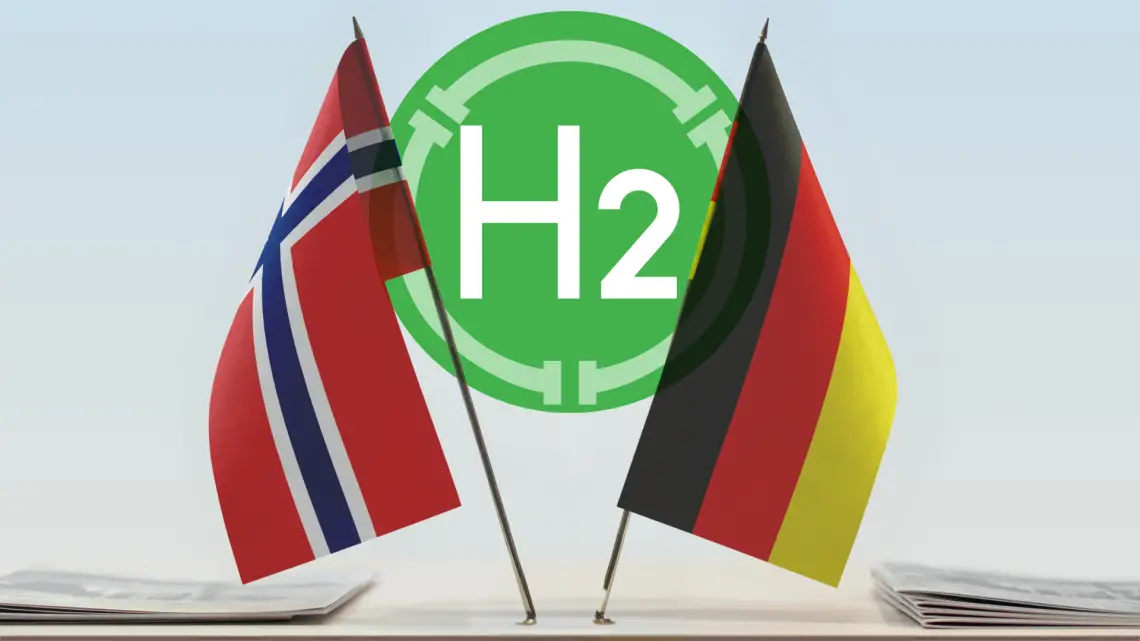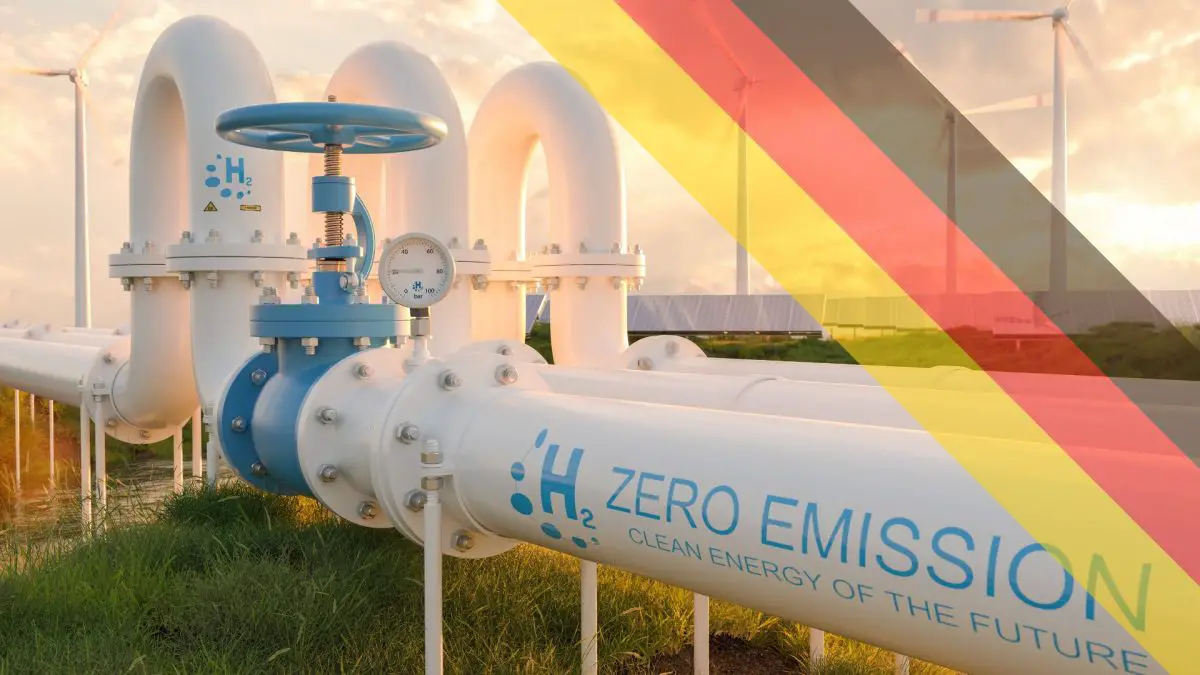
Norway faces German gov official’s ire for axing hydrogen fuel pipeline
October 1, 2024A leading German official has unloaded criticism on the neighboring country’s decision
Philipp Steinberg, a German economy ministry department head has released statements loaded with criticism for Norway due to the other country’s choice to cancel the bilateral hydrogen fuel pipeline.
The H2 infrastructure was meant to play a substantial role in decarbonization
The hydrogen fuel pipeline was intended to provide Germany’s dirtiest industries with a cleaner energy alternative that could be used with zero carbon emissions.
“Of course I’m concerned about this,” said Steinberg when speaking in Berlin at a Handelsblatt conference. The suspension of the project at the end of September was decided by Equinor ASA of Norway, which had intended to use it to work with its partner RWE AG of Germany. This is a “problem,” according to Steinberg, as Germany is seeking to source about 1 million tons of blue H2 by the start of 2030.
Germany had been counting on the hydrogen fuel pipeline to supply the H2
The country had been relying on the infrastructure from Norway to provide its largest import of the gas. It would have been a major complement to the other pipelines that it already has in progress with countries such as Spain, Portugal, and Denmark. That said, those other projects are expected to take notably longer to become operational compared to what was expected from the project with Norway.
Germany’s own H2 production capacity is limited. As a result, the country’s strategy involves importing about 70 percent of its demand. This would mean as much as 130 terawatt-hours by the start of 2024.
To ensure that the supply would be available, the German government has already put into place advance plans for a central grid of hydrogen fuel pipelines among other infrastructures to ensure ease of distribution. It has also created billions’ worth of subsidy schemes. Furthermore, Germany’s regulation of this new market is considered to be the most advanced in western Europe, according to the S&P Utilities Handbook as cited in a recent BNN Bloomberg article.
Financial risks
Unfortunately, there has been a struggle to obtain the necessary investment commitments in newer projects because of the risks associated with this new market.
Still, Steinberg did say that projects must have long-term promise in order to be economically worthwhile and all the countries in the European Union have signed the Paris Climate Agreement.
“It worries me a little, that many countries seem to be positioning themselves in such a way that they say, that’s totally great with the energy transition and hydrogen, and then Germany gets to pay for it,” said Steinberg. “But we probably won’t be able to take the risks away from the whole of Europe.



 With over 15 years of reporting hydrogen news, we are your premier source for the latest updates and insights in hydrogen and renewable energy.
With over 15 years of reporting hydrogen news, we are your premier source for the latest updates and insights in hydrogen and renewable energy.